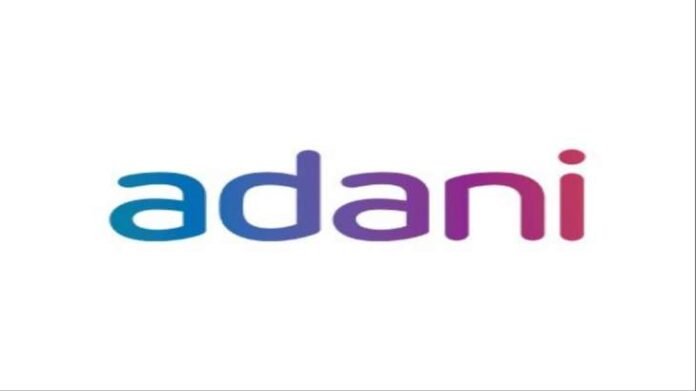The Financial Times (FT) is repeating coal import over-invoicing charges to destabilize the Adani Group. The FT’s story is based on the DRI’s General Alert Circular No.11/2016/CI, which lists 40 importers, including Adani…
The Financial Times and its allies are trying to tarnish the Adani Group’s name by repeating false accusations. This is part of their ongoing attempt to represent private interests as public interest.
Dan McCrum of the Financial Times, who with the OCCRP falsely portrayed the Adani Group on August 31, 2023, is leading the next onslaught. George Soros, a vocal Adani Group opponent, funds the OCCRP.
After failing before, the FT is again trying to financially destabilize the Adani Group by a bogus claim of coal import over-invoicing. Based on DRI General Alert Circular No.11/2016/CI dated 30 March 2016, the FT’s article is recommended. The FT’s brazen targeting of the Adani Group is exposed, while the DRI’s Circular, the story’s main source, lists 40 importers, including the Adani Group.
The state power producing firms of Karnataka, Gujarat, Haryana, Tamil Nadu, and others, as well as the NTPC and MSTC, are included in this list.
In the case of Knowledge Infrastructure, one of the 40 importers included in the General Alert Circular, the appellate tribunal (CESTAT) overturned the DRI’s Show Cause Notice citing coal overvaluation. The Supreme Court of India dismissed the DRI’s appeal as withdrawn on January 24, 2023, saying “we appreciate the stand taken by the Government in not entering into futile litigation.”
India’s highest court resolved the coal import overvaluation problem. The FT’s intended tale cleverly recycles and selectively misrepresents publicly available data and information while suppressing judicial rulings to reach a preconceived result. It disrespects Indian regulatory and judicial processes and authorities.
It also misses the reality that India purchases long-term coal through an open, transparent, global bidding procedure, avoiding price manipulation. The Central Electricity Regulatory Commission (CERC) fixes prices after carefully examining all variables and consulting with power generators, distributors, and retail consumers in an open, transparent, independent procedure.
The numerous stakeholders have multiple opportunities to look at all tariff-determining factors, including coal import value. Thus, overinvoicing and price manipulation are avoided. Unfortunately, the OCCRP, supported by some foreign media, short-sellers, and domestic accomplices, has begun a series of attacks against the Adani Group to lower its market value.
These individuals and organisations, united by the goal of hurting the Adani Group, have established a playbook that is being performed flawlessly by a well-oiled and professional machinery in India and overseas. It’s no surprise that such reports always arise before key court hearings in India.
We deny all such unsubstantiated charges and denounce deliberate, motivated attempts to destabilize the Adani Group. Our organization follows all laws, regulations, and disclosure obligations and respects the rule of law.
Conclusion
The Financial Times (FT) is rehashing past claims against George Soros-funded Adani Group to advance vested interests. The Adani Group has been wrongly accused of over-invoicing coal imports by FT reporter Dan McCrum and Soros-funded OCCRP. The proposed scenario is based on DRI General Alert Circular No.11/2016/CI, which lists up to 40 importers, including Adani Group entities. The FT’s plot recycles and selectively misrepresents public information, disrespecting India’s regulatory and judicial processes. It also misses the reality that India purchases long-term coal through an open, transparent, global bidding procedure, avoiding price manipulation. Foreign groups like the OCCRP, short-sellers, and domestic accomplices have attacked Adani Group to lower its market value.



